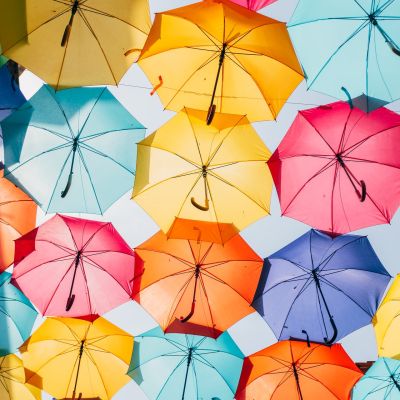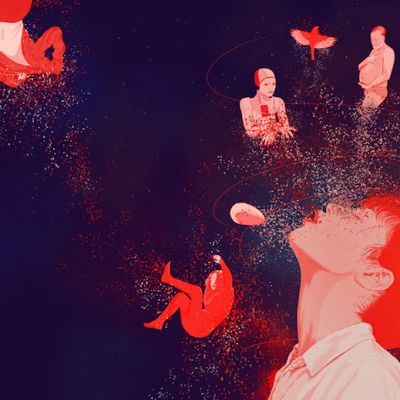age
In this write up, we’d like to share a sense of what emerges from a compilation of these responses. This is based on the thoughts and feelings that come through for those of us here at In Plainspeak who have had the joy of reading the original responses as they came in to us. (Some of the quotations that follow have been slightly edited for flow and to help connect themes.) We know that most things in the realm of art, information and ideas lend themselves to a wide range of inferences and insights depending on the individuals making the inferences.
While the idea of older adults and sex is a taboo in itself, the idea of older adults exploring their sexuality, by engaging in same-sex relationships, or by experimenting with the way the look, or by becoming more sexually active, causes even greater discomfort.
Viewed from the ‘sexual-moral high ground’ of couples (especially married couples), long-term singlehood is generally labelled as a deficit, a lack,or an inability to be emotionally involved in a relationship rather than being seen as a lifestyle choice.
The boundaries are the most interesting bits. No definitions can be identified without them, and yet they themselves remain in a state of flux – neither here nor there, neither this nor that, but both, all, nothing, and so much more. None can stake their claim on the borderland; it is unseizable, enigmatic, most ungraspable. In its ambiguity it has the power to comfort the outlier at its best, and at its worst, leave bereft those who seek refuge in the absolute.




